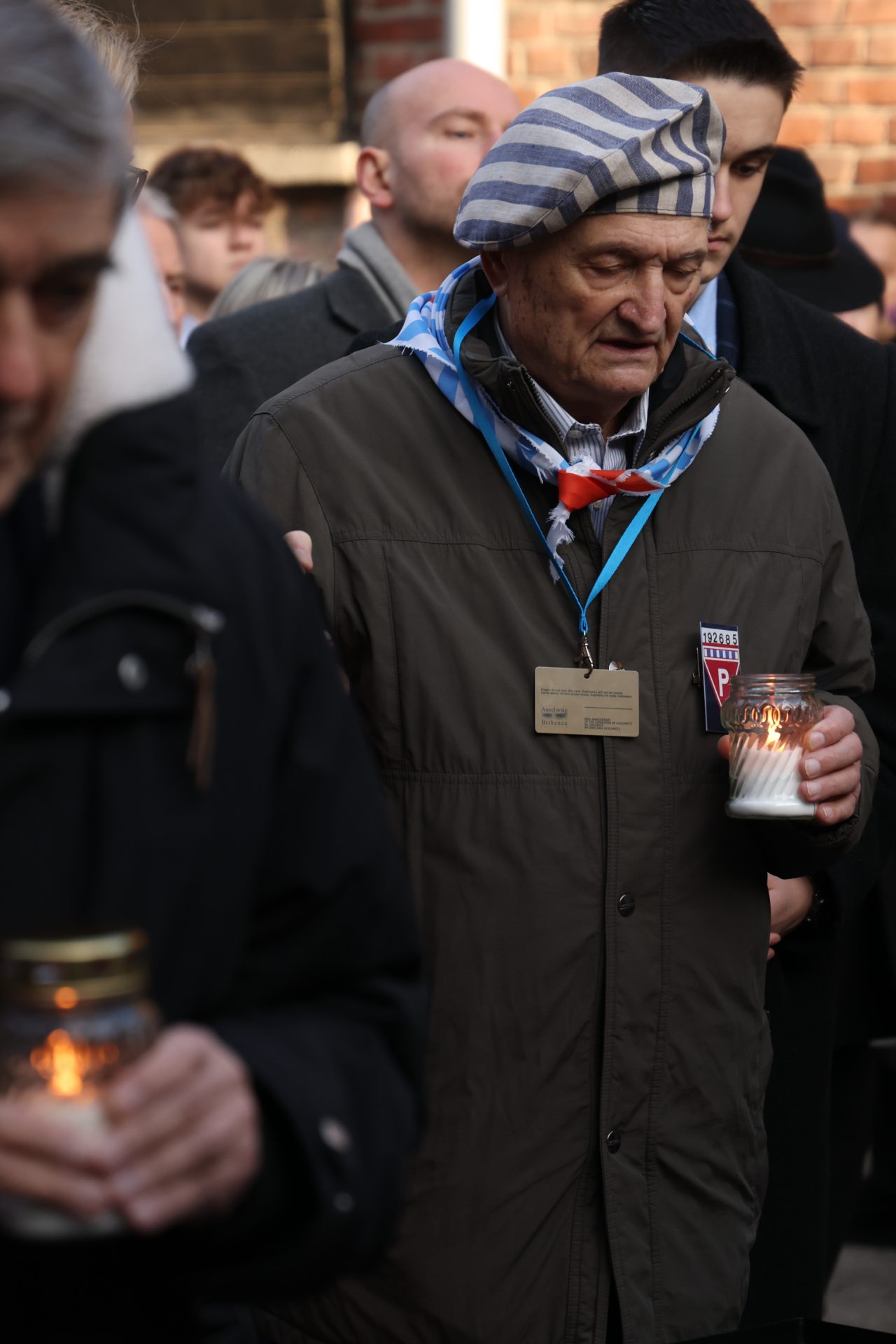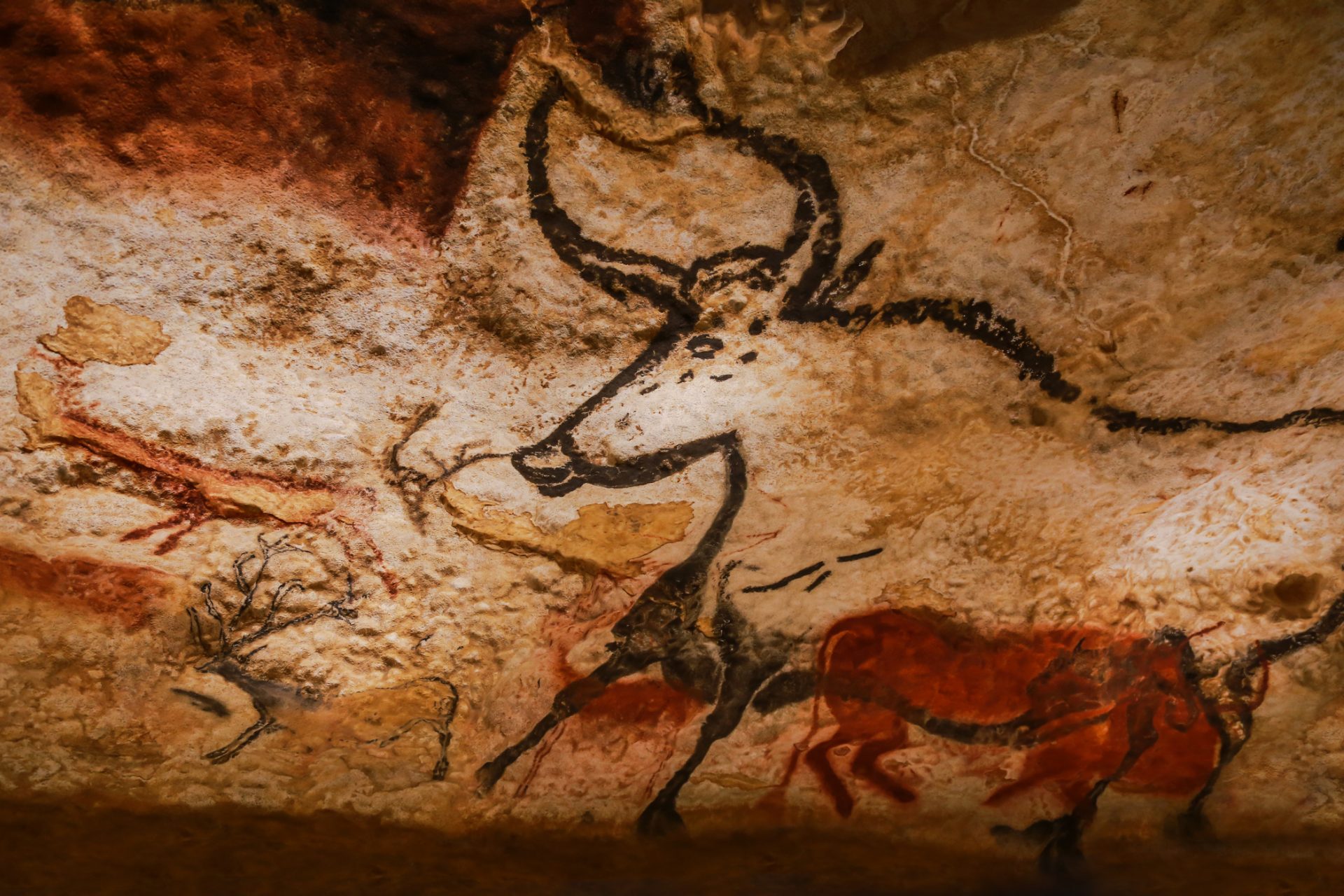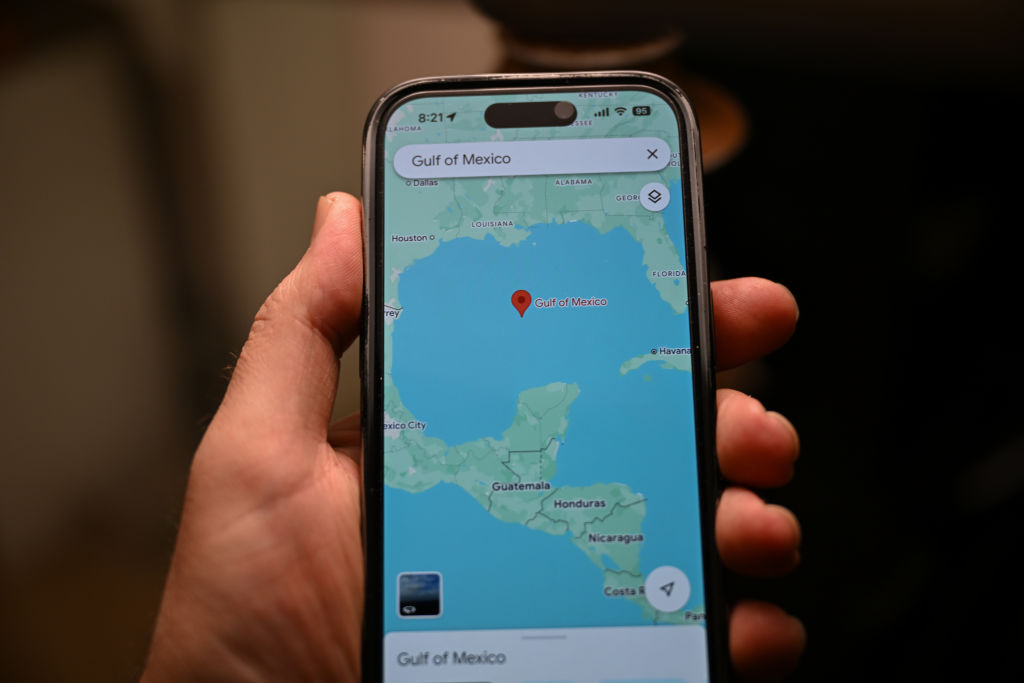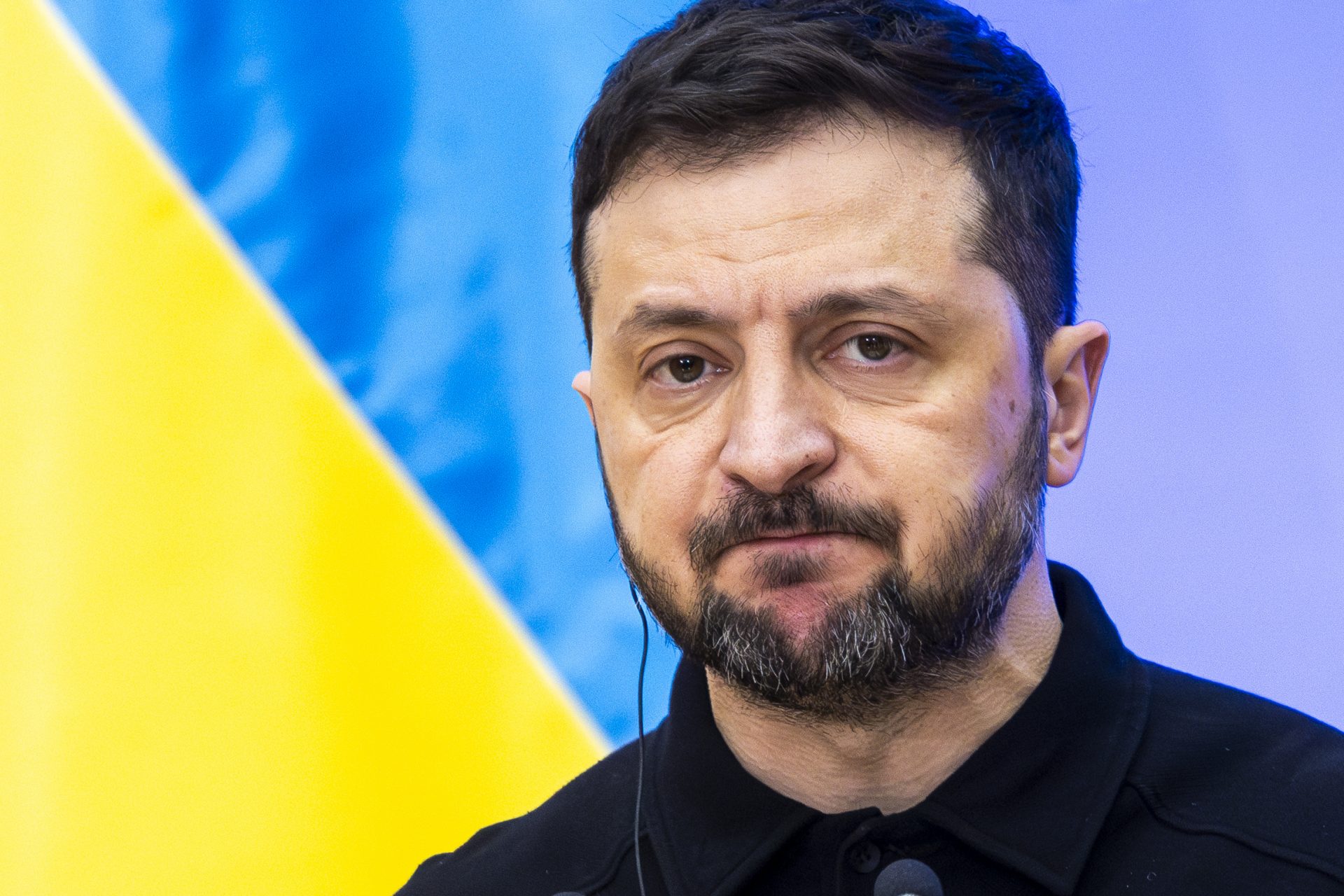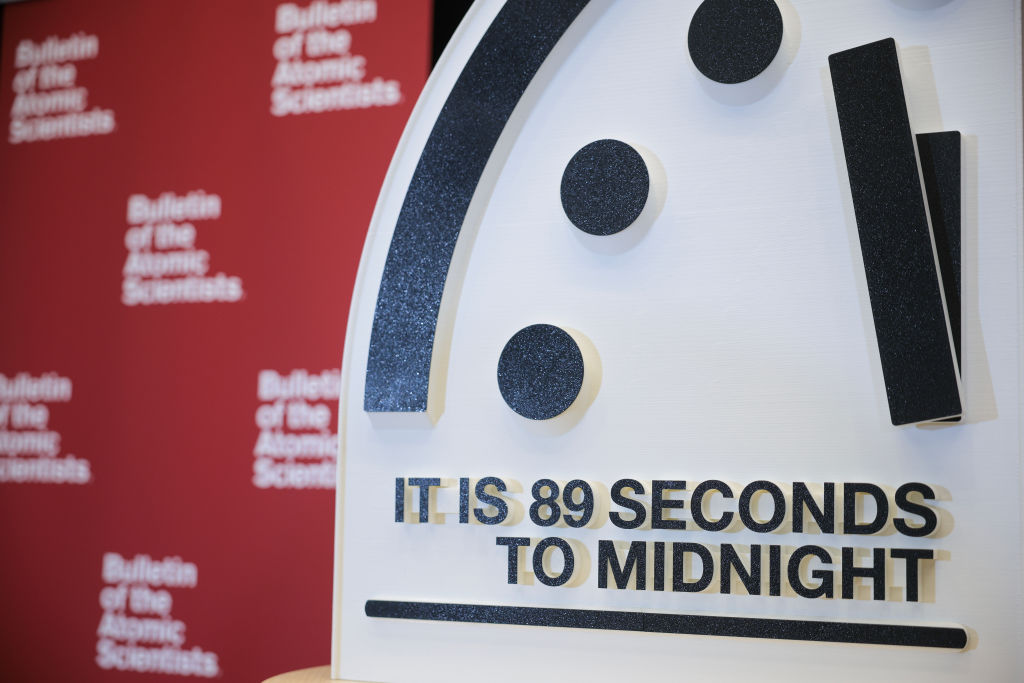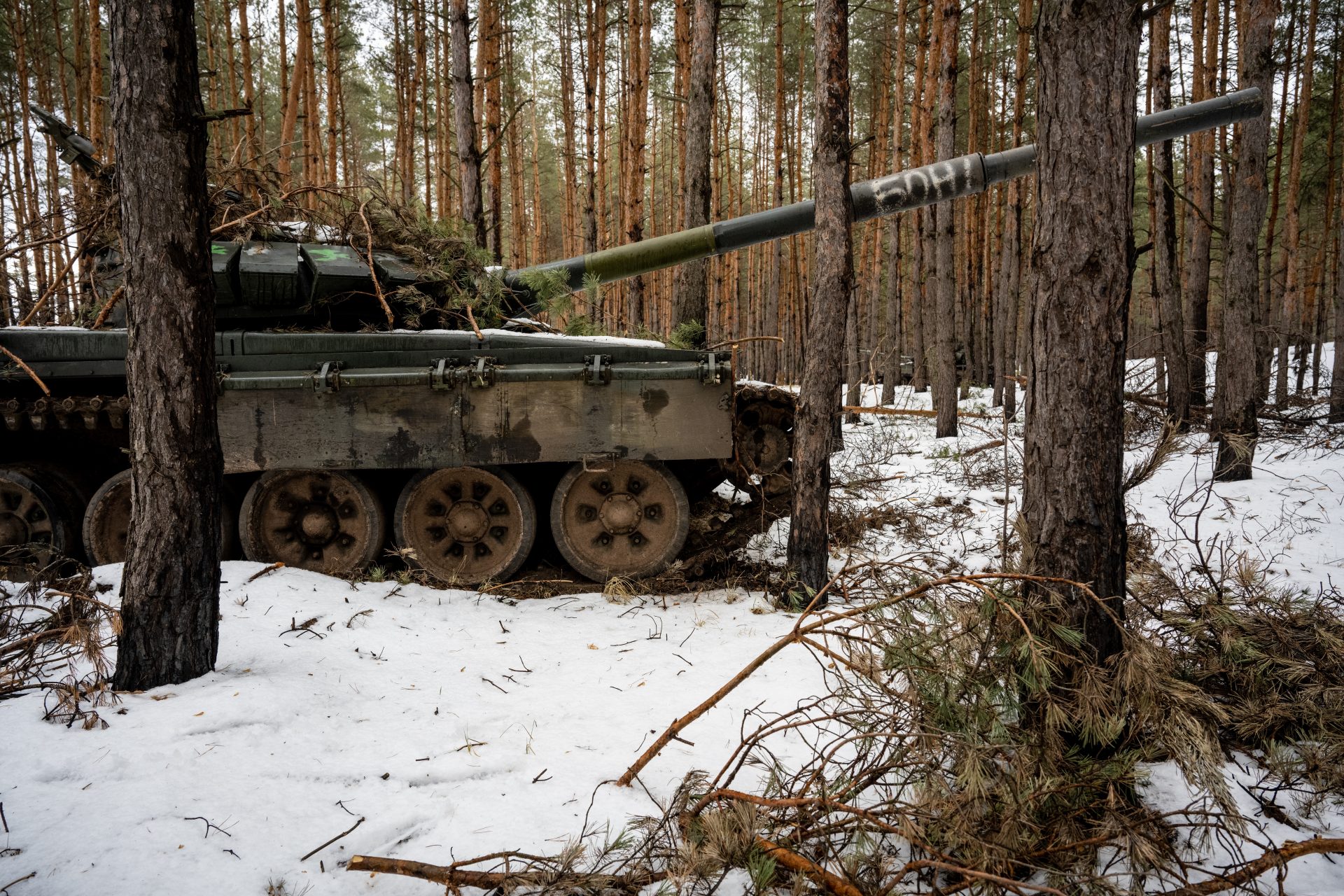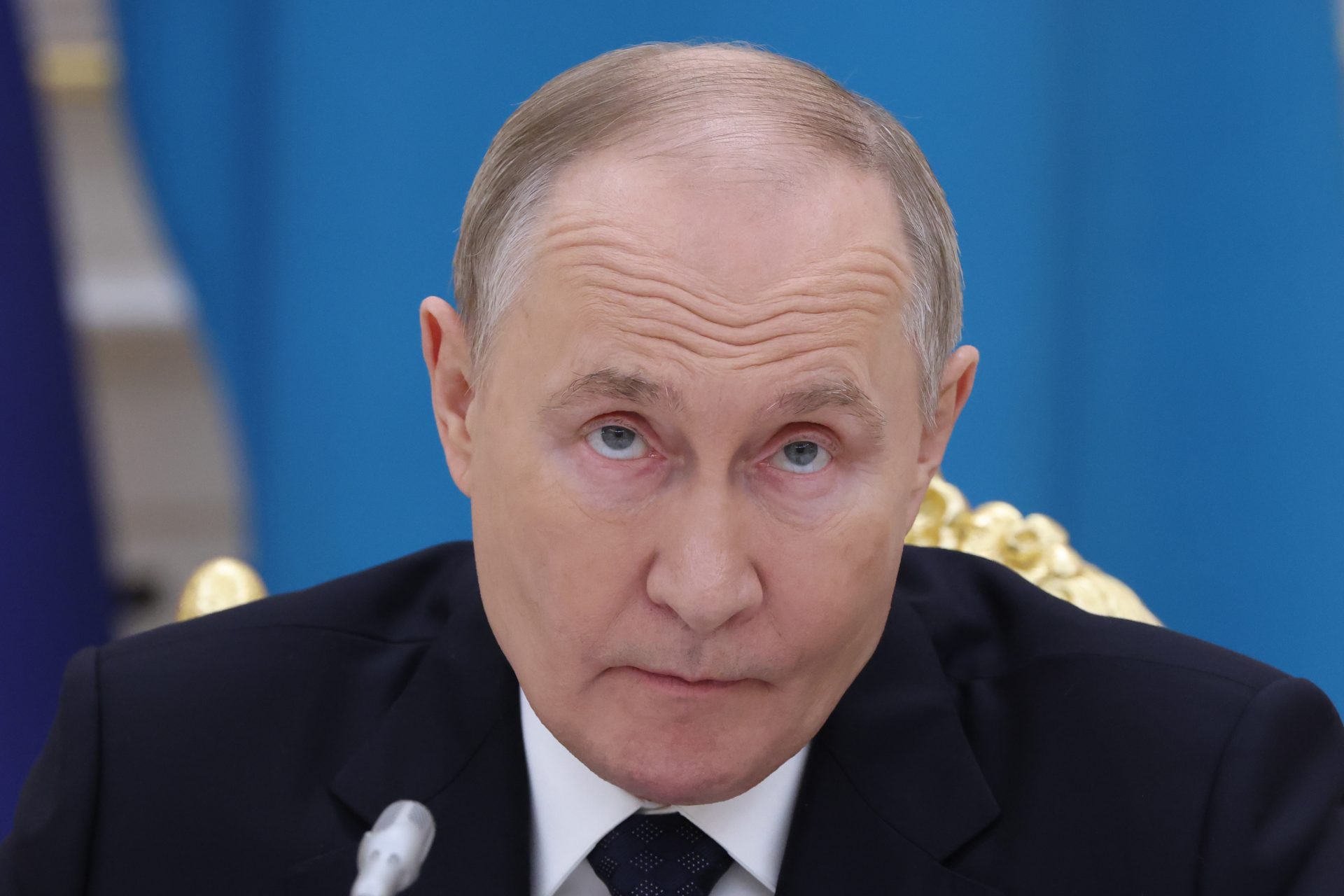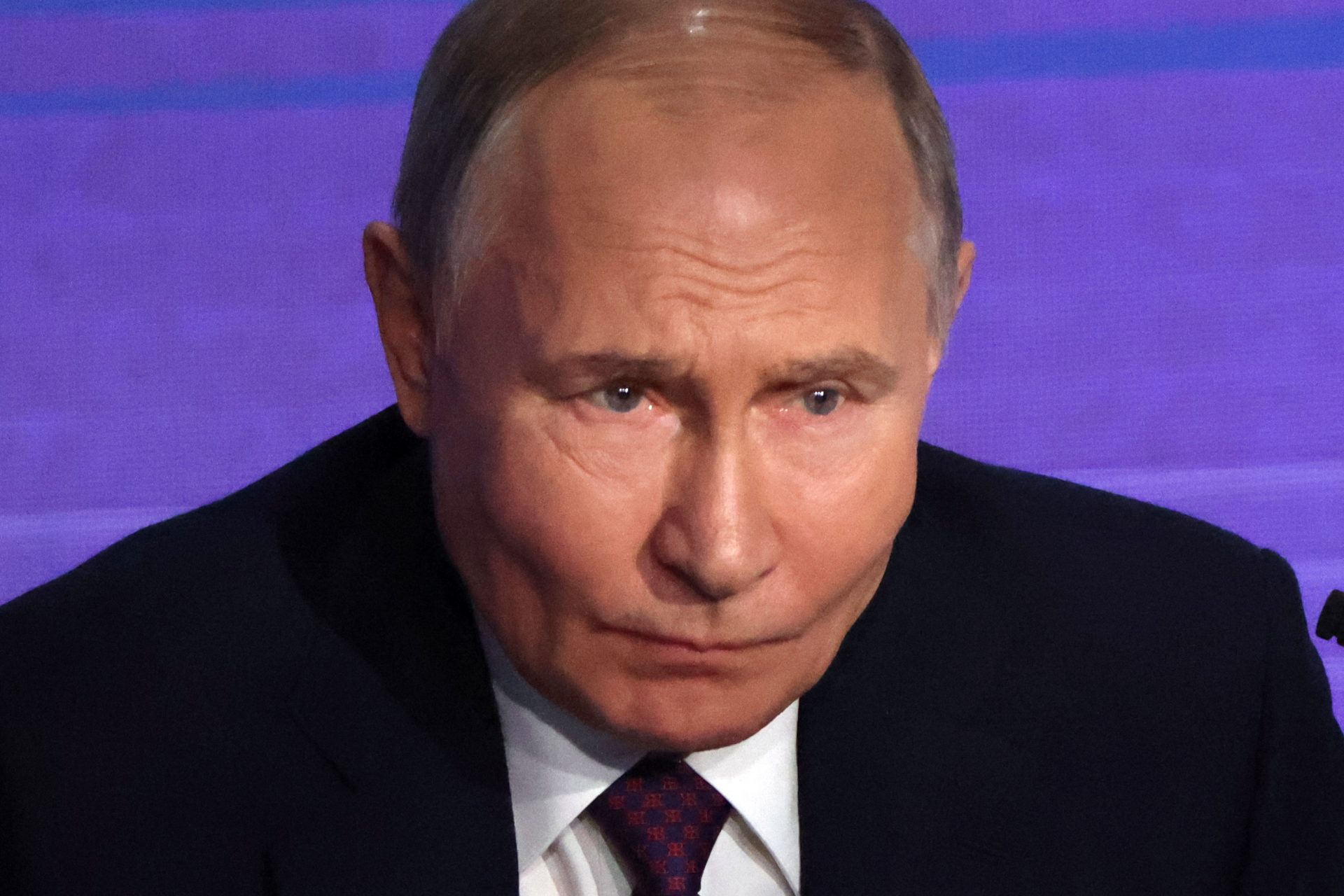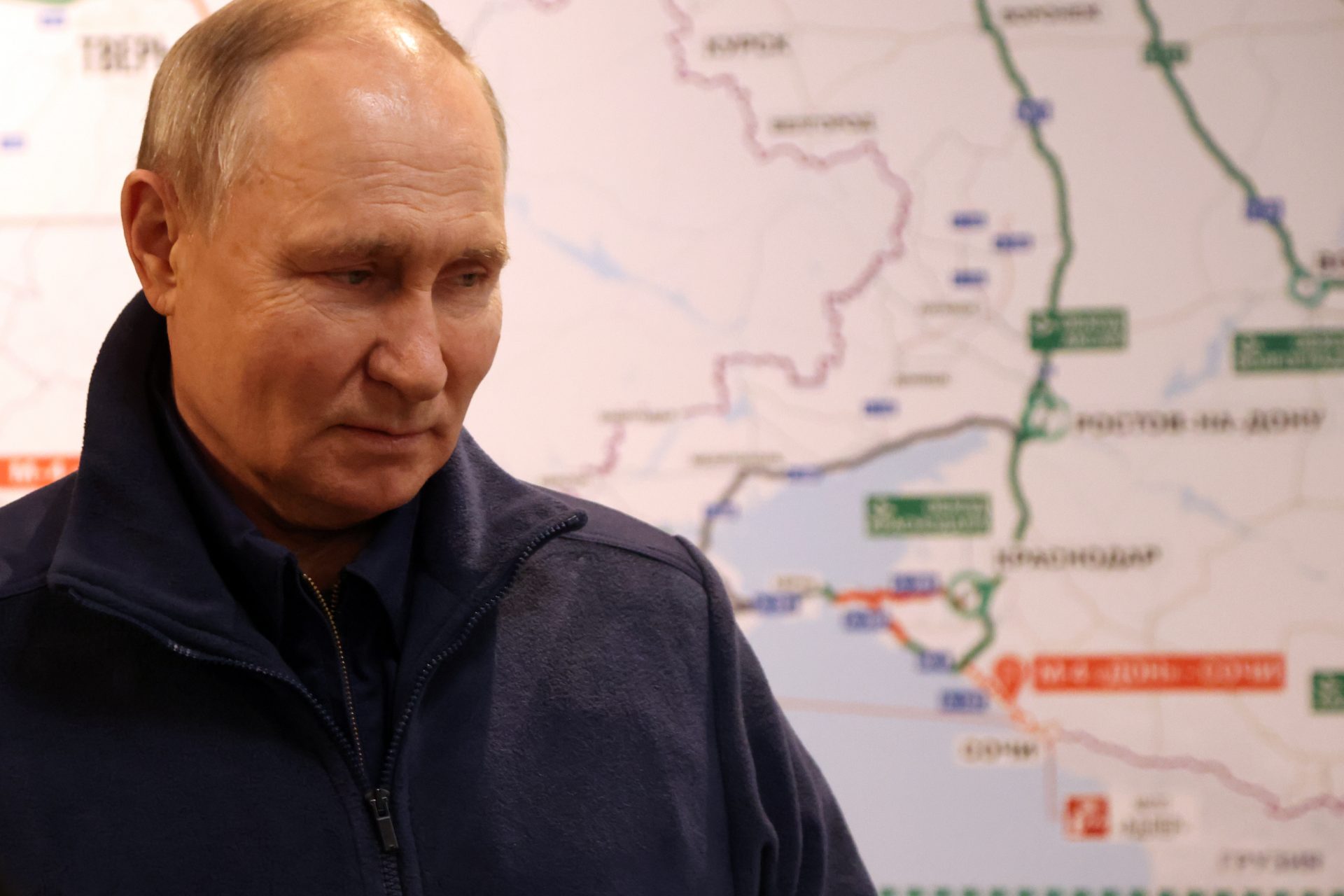Could Putin be tried and convicted of war crimes?
The International Criminal Court has opened an investigation into alleged war crimes committed by Russia as part of the invasion of Ukraine. This was announced by one of the court's investigating judges, Karim A. Khan, in early March 2022. Speaking from Lviv, where he later went to gather more information for the investigation, he added that there were 'valid reasons' to justify it.
But what are 'war crimes' and can Putin really be brought to justice?
It was Ukrainian President Volodymyr Zelenskiy who spoke of war crimes after the Russian bombing of the hospital in Mariupol, which is said to have caused numerous deaths and injuries, and raised the possibility of such charges against Vladimir Putin.
Zelenskiy described the attack as a "war crime," as he had done in previous days of other Russian bombing raids on Ukrainian civilian buildings.
Joe Biden, President of the United States, also commented on this topic. "Mr. President, after everything we've seen, would you be willing to call Putin a war criminal?" he was asked by a reporter. According to CNN, after an initial "no," the commander-in-chief replied, changing his answer: "I think he's a war criminal."
While war is not considered a crime under international law, that does not mean that there are no rules. There are principles that are based on certain inalienable rights, primarily respect for and protection of human dignity and life. When these rights are violated, it is legitimate to speak of war crimes, but war itself is nevertheless provided for in many laws and is therefore 'legal'.
The ancient Romans already understood the concept of 'honor in arms', i.e., respect for the enemy: this principle, with few exceptions, may have governed most wartime relations in the past, at least between nobles and high-ranking soldiers.
And yet, as early as the second half of the 19th century, the need to write down agreements between states to be enforced in the event of war, agreements that would later become the famous Geneva Conventions, occurred. These principles are, for example, protecting and guaranteeing the respect of civilian personnel not involved in the conflict (including journalists) and a ban on attacking those helping the wounded.
The two world wars were a dark time for humanity, a time in history when the honor of arms seemed to be permanently lacking. Just think of the Holocaust, the use of chemical weapons, and the uncontrolled extermination of prisoners and civilians. At the end of the Second World War, it was more than evident that there must be rules limiting states' actions in possible future conflicts.
The four Geneva Conventions of 1949 clearly introduced the concepts of 'war crimes' and 'crimes against humanity, which had seemed vague and somewhat abstruse until then.
In addition to protecting the civilian population, the conventions introduce other essential aspects: each signatory state is obliged to pursue, arrest and bring to justice those accused of war crimes. And any state can do this, regardless of its nationality, the nationality of the victim, and the place where the crime was committed.
So far, only Spain has applied the principle of "universal jurisdiction" to try Chilean dictator Augusto Pinochet (pictured).
After decades of negotiations, the statute of the International Criminal Court was signed in Rome in 1998. The document states that the International Criminal Court in The Hague, which is also currently investigating Putin, has jurisdiction in war crimes cases.
Another court, the International Court of Justice of the United Nations, is also based in The Hague. The difference between the two bodies may seem small at first glance, but it is significant, especially given the current Russian-Ukrainian conflict. The United Nations International Court of Justice judges the actions of states, while the International Criminal Court judges individuals.
Another key difference concerns 'war crimes' and 'crimes against humanity,' two often confused terms. Both offenses are violations of the fundamental values of the international community. Still, while the former are acts of war, i.e., violations of the laws governing civilian and military conduct in a conflict, the latter is about acts of violence and mistreatment of the civilian population (deportations, torture, mass killings, etc.)
War crimes include, for example, deliberate and systematic military attacks on civilian targets. It also includes actions resulting from the use of special weapons, such as cluster bombs used in the Kharkiv region and against a kindergarten in Oktyrka (eastern Ukraine), and thermal bombs used in densely populated civilian areas. Other examples of war crimes include the mistreatment of prisoners of war and the killing of hostages.
Crimes against humanity include, for example, slavery, deportation of the population, torture, persecution of a group or community with its own identity on political, racial, national, ethnic, cultural, religious, or gender grounds. It includes apartheid and any other inhuman act that willfully causes great suffering or harm to any person's physical integrity, physical or mental health, as set out in Article 7 of the Rome Statute.
At the end of the Nuremberg trials, the Nazi hierarchs who had been guilty of the most severe allegations were sentenced to death. Today the death penalty is no longer imposed: the maximum penalty is life imprisonment. However, the sentence depends on various factors, including the seriousness of the crimes committed. Another fundamental aspect should not be underestimated: the accused must be physically present in court to be convicted. They must not be absent.
History teaches us that being accused of war crimes and then convicted is not so easy, so there are many instances where such violations of the laws of war have gone unpunished.
Among the most famous trials of war criminals in modern history are the Nuremberg trials of the Nazi hierarchs and the Tokyo trials of the Japanese. But while condemnation of the Nazis' actions is almost unanimously shared, the episode that effectively ended World War II does not meet with the same approval. While the two atomic bombings of the cities of Hiroshima and Nagasaki were seen by most as a necessary epilogue to ending a war that had claimed the lives of millions of people, they could in principle fall within the definition of a "war crime" because it was an attack on civilian targets.
Russian President Vladimir Putin could be held accountable for alleged crimes in the conflict with Ukraine. However, an investigation must first be conducted. Karim Khan said the investigation must provide a reasonable basis for "supposing that war crimes or crimes against humanity were committed during the Russian invasion of Ukraine."
Putin could be accused of violating the laws of war and international conventions, and would be judged on the principle of 'responsibility to command', meaning that a leader cannot ignore what is happening on the battlefield.
As we have seen, the International Criminal Court is the supranational body responsible for trying war crimes and crimes against humanity committed by individuals. In theory, it should be the body responsible for the trial of Putin. But would that really be the case? Aside from the fact that to be convicted, Putin would have to be physically present in court (i.e., be arrested), which seems impractical, at least for the moment. One has to keep in mind that both Russia and the US do not recognize this body since they never ratified the Treaty of Rome.
In the past, for example in the case of Slobodan Milosevic's trial for crimes committed in the former Yugoslavia, the UN set up a special international tribunal. This international tribunal could also not be subordinate to the UN, but subordinate to a group of states like NATO. Another possibility would be for Putin to be tried in one of the states that have already launched investigations and have a national war crimes law, such as Germany.
Regardless of which procedural route is chosen, Putin risks life imprisonment, a scenario that experts currently see as unlikely. Proving responsibility for war crimes is a long, complex and potentially dead-end process. A possible conclusion could be that in the end nobody will be charged, neither the military leadership nor members of the Russian government.
More for you
Top Stories


























